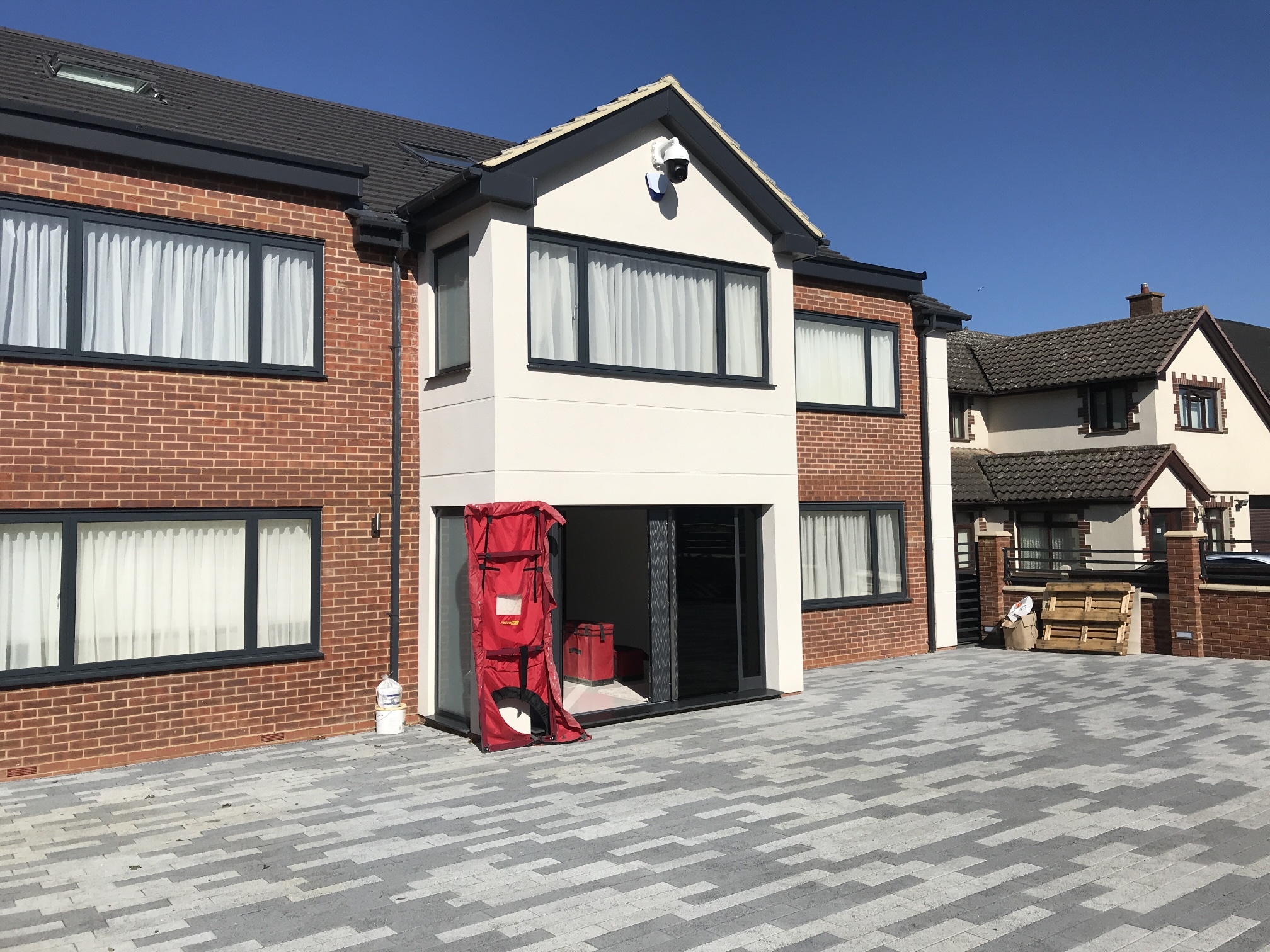Energy Performance Certification tests energy efficiency and environmental impact of buildings. Who needs an EPC?
Residential Buildings
- There are no residential properties that do not require certification for energy efficiency. Selling or renting a home without an EPC is unlawful.
- If your property is newly built, you need an EPC by conducting SAP calculations. These calculations ensure compliance with Part L of the Building Regulations.
- When you upgrade or expand your property you’ll need an updated EPC, even if it already has one.
- Residential properties need a revised EPC every ten years. Nevertheless, if the building facilities, such as a newly installed heating system, are significantly changed, it may need to be earlier.
- As of 1 April 2018, issuing a new lease or renewing an existing lease on homes with an F or G energy rating will be unlawful.
- Beginning 1 April 2020, this will apply to all private rented residential properties, whether it is a new lease or not.
Commercial Buildings
Commercial properties as residential properties are regulated by the same EPC criteria. There are some exceptions, though. An EPC is not needed for the following properties:
- Places of worship.
- Less than 50m2 stand-alone non-dwellings.
- Industrial areas, workshops and low-energy non-residential farm buildings.
- Temporary buildings with 2 years or less expected use time.
- Non-residential agricultural buildings used by a company protected by a National Sectoral Agreement on Energy Performance Certification.
- Please note that leasing non-domestic properties with low energy performance ratings will be unlawful as of 1 April 2023.
For more information about Energy Performance Certificates, or to find out about our other services, please contact us.[/vc_column_text][/vc_column][/vc_row]




